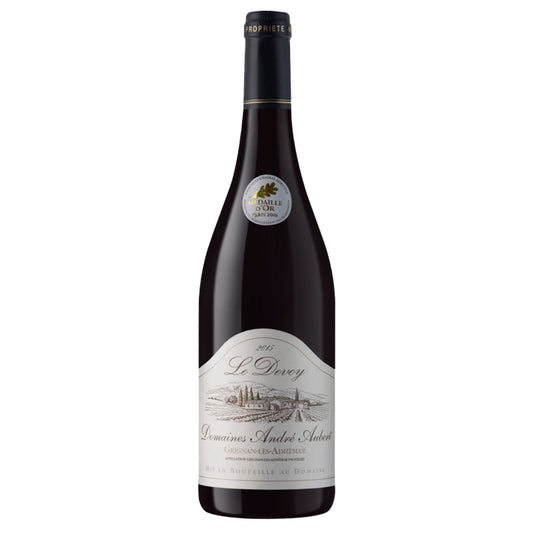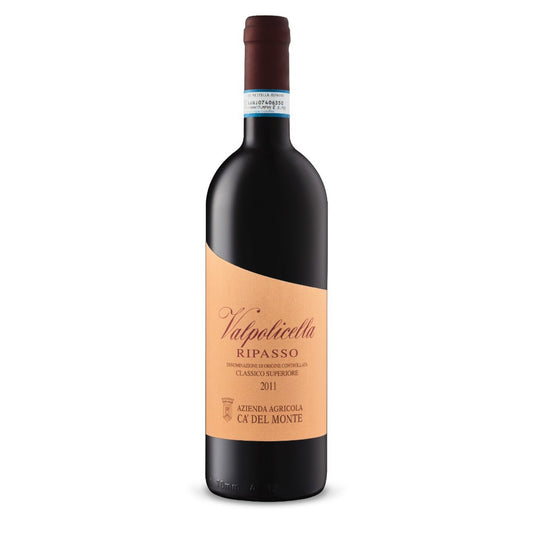-
The Farm Chardonnay VQA Niagara Peninsula 2019
Regular price $29.95 CADRegular priceUnit price per -
 Sold out
Sold outJasci Pecorino d'Abruzzo 2021
Regular price $29.95 CADRegular priceUnit price per -
The Farm Black Label Pinot Noir VQA Niagara Peninsula 2020
Regular price $26.95 CADRegular priceUnit price per -
André Aubert Le Devoy Grignan-les-Adhémar 2019
Regular price $26.95 CADRegular priceUnit price per -
Domaine Frédéric Brouca Champs Pentus VDF 2019
Regular price $37.95 CADRegular priceUnit price per -
Domaine Baud Blanc de Blanc Crémant du Jura Brut NV
Regular price $34.95 CADRegular priceUnit price per -
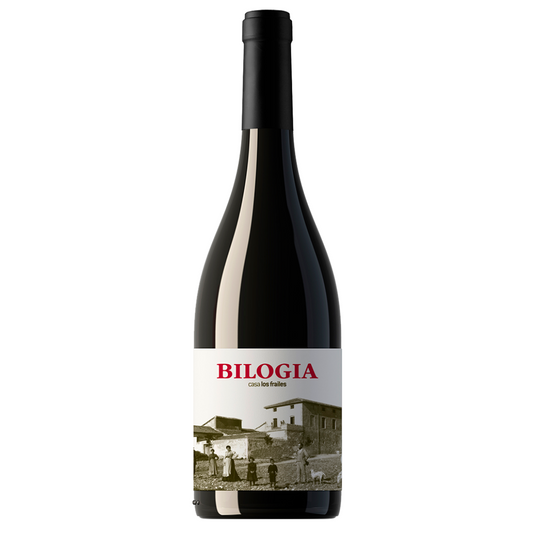 Sold out
Sold outCasa Los Frailes Bilogia 2018
Regular price $30.95 CADRegular priceUnit price per -
Ca' del Monte Valpolicella Ripasso Classico Superiore DOC 2016
Regular price $40.95 CADRegular priceUnit price per -
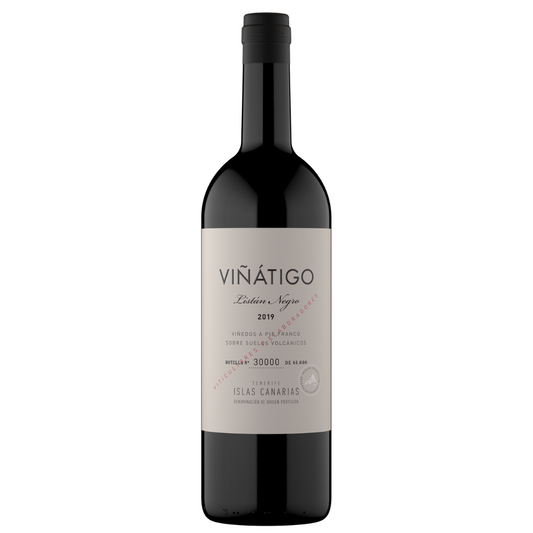 Sold out
Sold outViñátigo Listán Negro 2019
Regular price $44.95 CADRegular priceUnit price per -
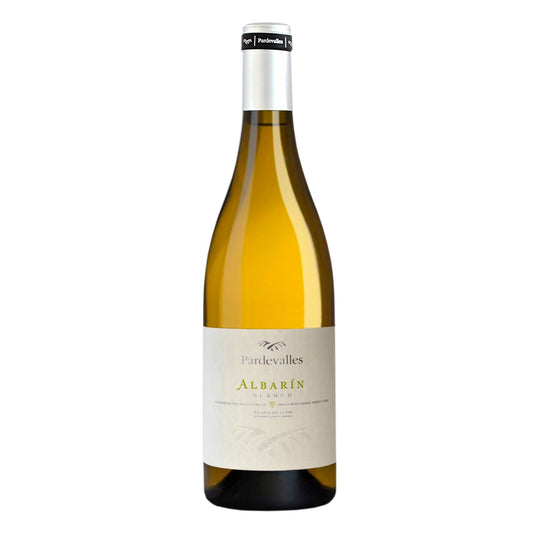 Sold out
Sold outPardevalles Albarín Blanco 2020
Regular price $35.95 CADRegular priceUnit price per -
Mas Carlot Générations Blanc Costières de Nîmes 2019
Regular price $28.95 CADRegular priceUnit price per -
Domaine de Mauperthuis Saint Bris Sauvignon Blanc 2020
Regular price $35.95 CADRegular priceUnit price per -
 Sold out
Sold outPearce Predhomme Cinsault-Syrah 2020
Regular price $29.95 CADRegular priceUnit price per -
Matthias Hager Grüner Veltliner Mollands 2020
Regular price $39.95 CADRegular priceUnit price per -
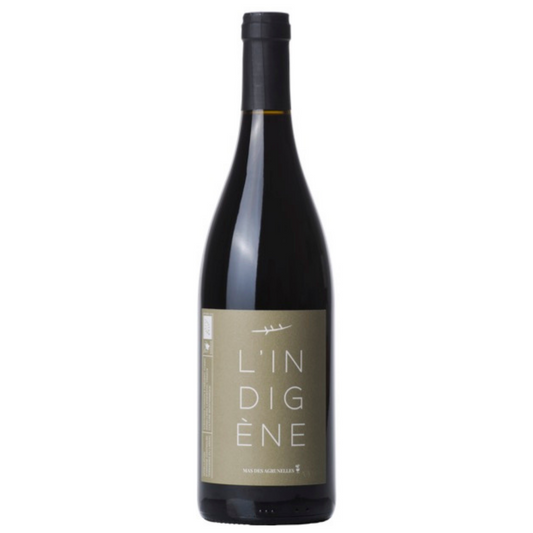 Sold out
Sold outMas des Agrunelles L'Indigène 2019
Regular price $44.95 CADRegular priceUnit price per -
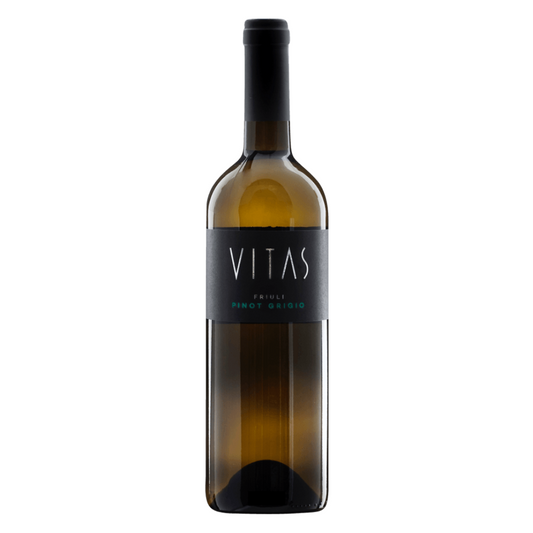 Sold out
Sold outVitas Pinot Grigio 2019
Regular price $26.95 CADRegular priceUnit price per



